How has AMREF Flying Doctors adapted to the global lockdown and the transportation of patients during the pandemic?
The spread of coronavirus (Covid-19) into the Eastern Africa region presented a host of operational and business challenges to AMREF Flying Doctors, both locally and internationally. Our capacity to move patients from the region into Nairobi – the regional centre of medical excellence – and onward transfers to overseas destinations was initially seriously compromised. The shutdown of the hospitality industry, restrictions imposed on international, regional then local travel meant we could not render most of our air ambulance and related services.
As the only professional air ambulance service provider in the region, we saw value in partnering initially with the government of Kenya – supporting it logistically for movement of medical personnel and delicate medical equipment to far-flung areas in its Covid-19 response efforts. This helped strengthened relationships and further helped open avenues for obtaining crucial support and clearances to continue in-country, regional and even international flights.
Further, to mitigate the restrictions on commercial flights and the related logistical complications, we opted to exploit more wing-to-wing partnerships. This significantly helped to ensure continuity of regional and transcontinental patient transfers into or out of Africa.
What measures do you have in place to enable business continuity and to ensure the safety of your staff and customers?
The highly infectious nature of Covid-19 meant we had to take very strict measures to ensure our medical, air and ground crew were able to handle patients in a safe environment.
We have so far invested in three Portable Patient Transport Chambers and other related medical equipment such as PPE. AMREF Flying Doctors became the first air ambulance service provider in East & Central Africa, as well the first emergency response organisation, to make such an investment. Within the first six weeks of starting to use the isolation chambers, we had successfully transported more than 18 Covid-19 related cases.
Additionally, we enforced a strict working from home rule for non-essential staff and later introduced a rotational reporting system for all staff members. This has worked exceptionally well in supporting our 24/7 emergency operations with minimal exposure of Covid-19 infection to staff.
What have been some of the key challenges for AMREF Flying Doctors since Covid-19 was declared a pandemic?
The immediate challenge was posed by the health risk to our staff, clients and the general public as we sought to continue offering our services even within the Covid-19 context. This was especially true in the beginning, when the information about the outbreak was unclear and dynamic.
The second challenge was the impact to our bottom line as a business considering the industries we serve, i.e. the insurance and assistance market, the tourist market and others who were heavily, negatively impacted by the outbreak.
The third challenge was the logistical nightmare that was brought about by the lockdown of borders, restrictions on travel and movement of people, as well as other government directives, as they sought to address the spread of the virus globally. Again, this was exacerbated by the changing nature of these directives and restrictions as the situation evolved, making it very difficult to plan, manage costs and commit to missions, as requested by clients.
How have you met and overcome these challenges?
In regard to the health risk and exposure to our stakeholders, at the onset of the outbreak we immediately formed a task force led by our medical director that reviewed and put together protocols affecting all areas of our operations. These protocols are what assisted us in continuing to function with minimal disruption, to lobby with different governments and authorities when seeking exemptions to do missions, and to create a reassuring working environment for all our stakeholders. This task force is still functional today and continues to play a critical role in guiding our activities on a day-to-day basis, as well as in key areas of our business.
In terms of the commercial impact on our revenue, let us just say that when one door closes another one opens. First, the near decline in business from visitors into the Eastern Africa region was replaced by an unprecedented rise in demand for regional and international transfers – including many Covid-19-related cases. Our prompt decision to increase our capacity for transporting highly infectious cases therefore started paying off sooner.
Secondly, partly because of our strong relationship with the Government of Kenya and several public sector agencies, we were able to secure an assignment to train the different government agency staff at the eight international airports in Eastern Africa as part of the preparedness for resumption of service in these airports. We believe this had had a huge ripple effect, not just on the profile of the company, but on supporting our bottom line during these difficult times.
In addressing the logistical challenges, we had a two-pronged approach. One was having a close working relationship with the regional governments and authorities. From the onset of the outbreak we made sure to stay close to the relevant government agencies in the region, offering our support and insight where possible and providing information that would help them understand the need for us to continue offering our services. Secondly, was providing support to our operational staff who saw their workload per mission increase dramatically due to the different and changing protocols that had to be followed to carry out a successful medevac mission. The management got more involved in the day-to-day operations to ensure that the mission-critical staff had the support they needed on the different operational touch points, with a supportive work environment to ensure the best outcome of a challenging situation.
What will be your main business focus in the near future and going forward?
In view of the learnings from operating in the Covid context, and in line with our company strategy, we are looking to build our capability to respond to such health crises should they occur in the future. This is with intention to continuously review those innovations available in the market that we can adopt much faster than we have done before to help us better prepare for such eventualities.
Secondly, we seek to build better collaborations with our industry partners. Our experience during this period has showed that wing-to-wing operations are useful and much-needed in certain contexts and such partnerships should be improved over time.
We also see opportunities in expanding our assistance service portfolio by offering medical home care services and telephonic or remote medical support via our Emergency Control Center – mainly to our international insurance and assistance client base.
About AMREF Flying Doctors
AMREF Flying Doctors is the longest serving, best known and the only internationally accredited air ambulance service in East and Central Africa.
With a dedicated fleet of fully owned medically configured aircraft, ranging from the short field operation capable Pilatus PC-12 to the long-range jet aircraft – Citation Bravo and XLS, patients can be evacuated from bush airstrips spread out in the Eastern African region, as well as being repatriated to far flung locations in other countries and continents.
With over 60 years of experience in aeromedical services in and out of Africa, AMREF Flying Doctors is known for its expertise in successfully evacuating patients from challenging environments, including conflict zones like Somalia, South Sudan and Yemen.
Additionally, through our fully equipped and dedicated air ambulance fleet, we operate several Advanced Life Support (ALS) Ground Ambulances and a 24/7 Operations and Emergency Control Centre (OECC) based at Wilson Airport in Nairobi, Kenya.
AMREF Flying Doctors evacuates, on average, 1,000 patients per year, working in close collaboration with local communities, governments, corporates and more than 100 international insurance and assistance companies.
As part of its heritage, AMREF Flying Doctors has a local charity evacuation programme that ensures air ambulance services are available free of charge to those in need who have no means to pay for the services.
AMREF Flying Doctors is fully owned by Amref Health Africa, the leading health-based non-governmental organisation in Africa. Amref Health Africa has health programmes that span over 35 countries across Africa and fundraising offices in Europe and North America.
Any surplus generated by AMREF Flying Doctors supports Amref Health Africa’s humanitarians work and is crucial in helping the organisation to achieve its mission of lasting health change in Africa.


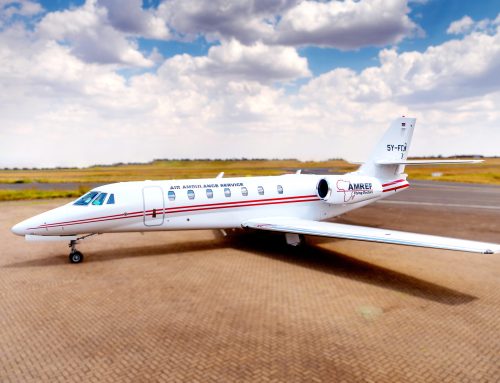

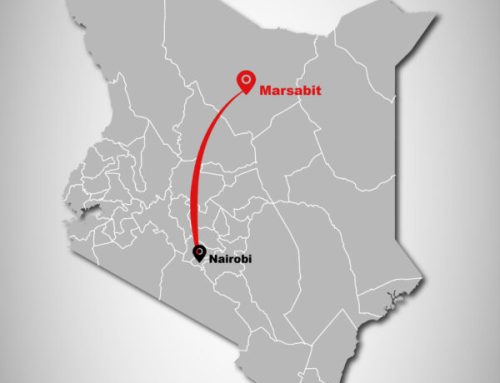




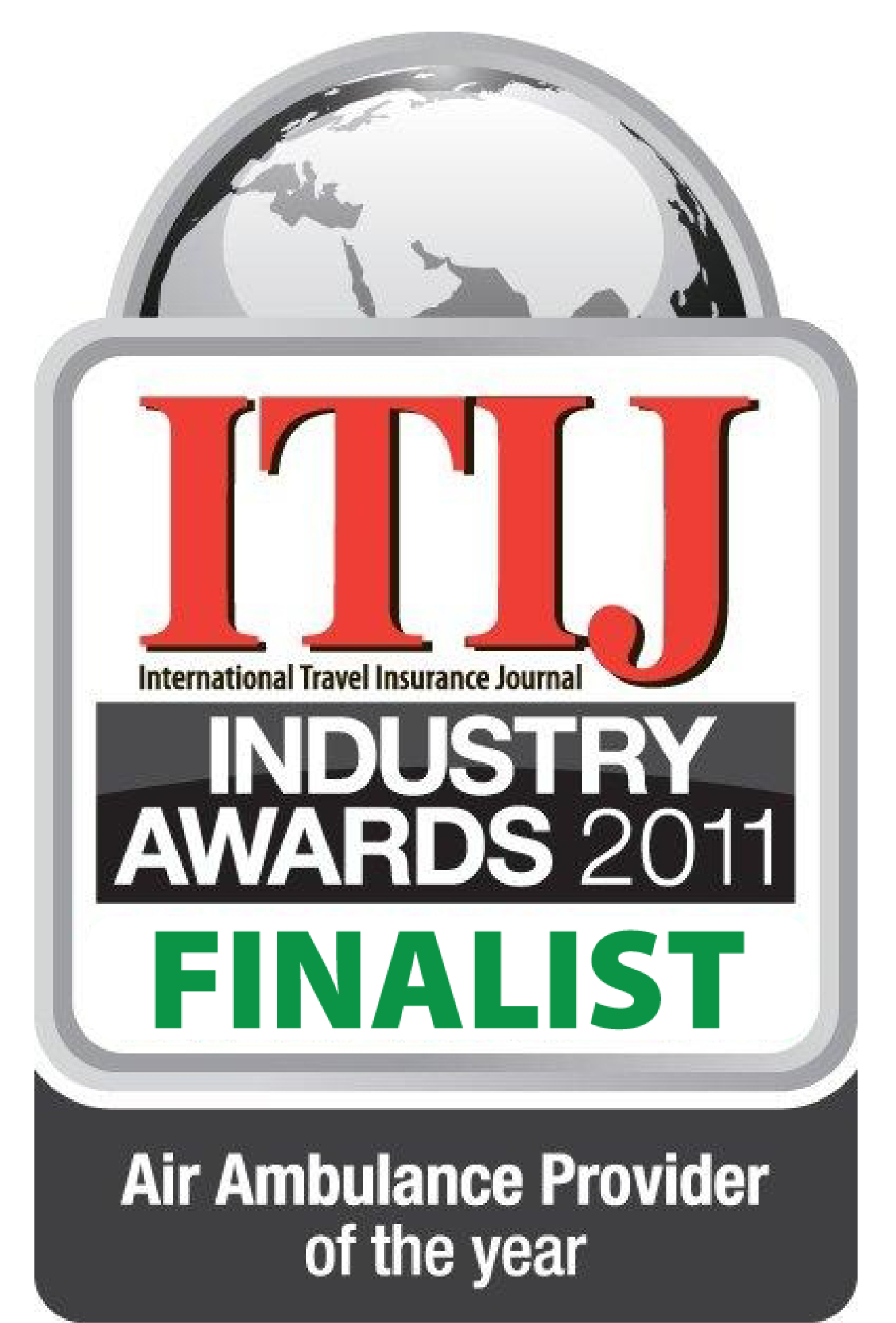
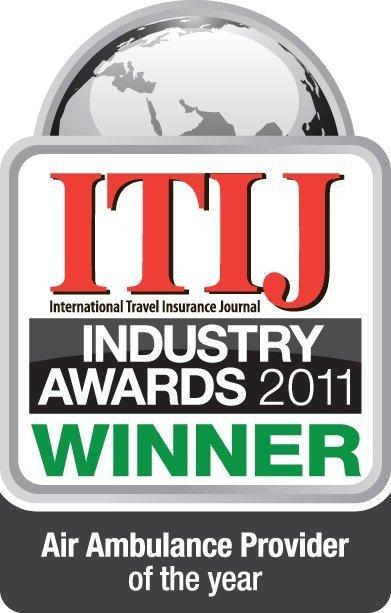
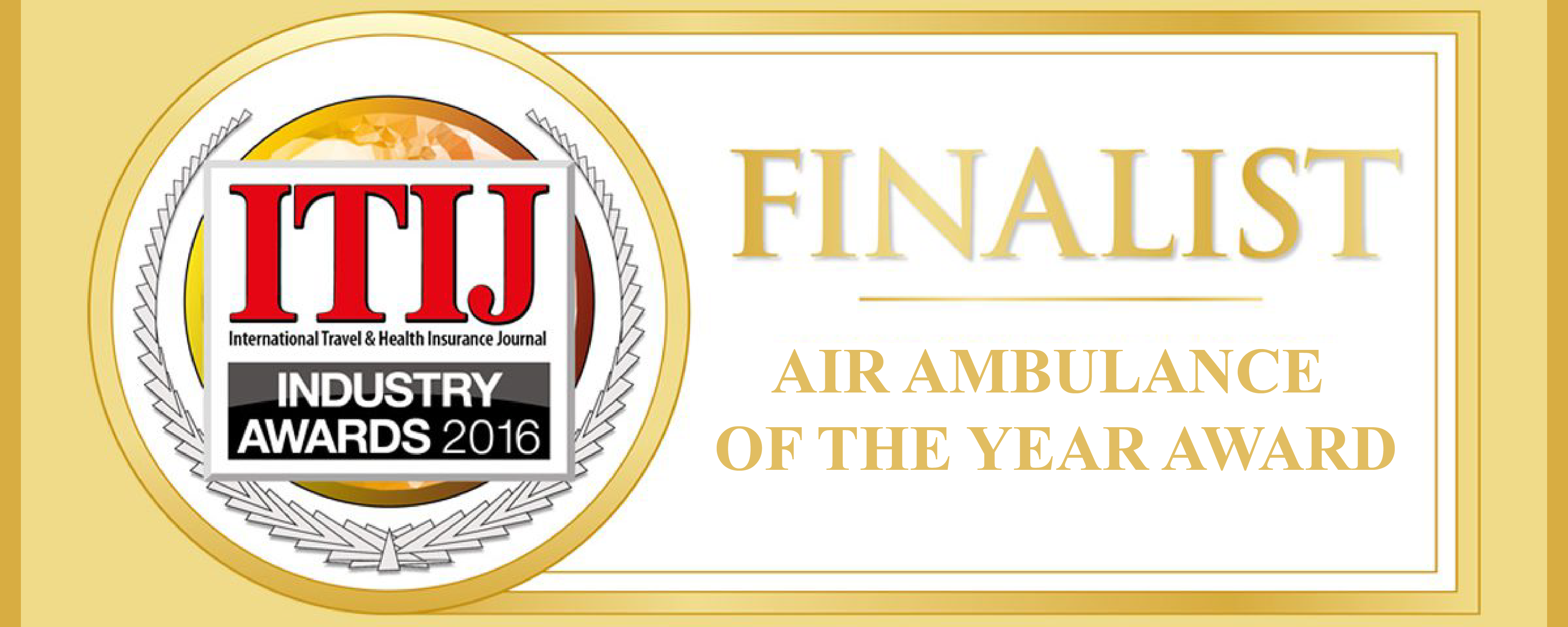
Leave A Comment